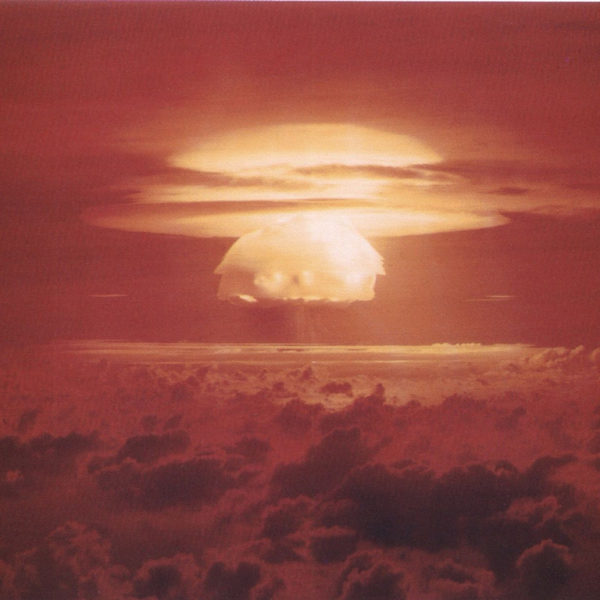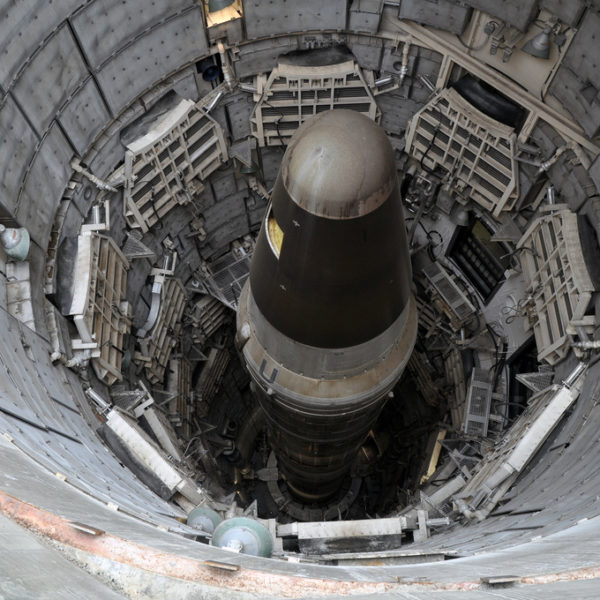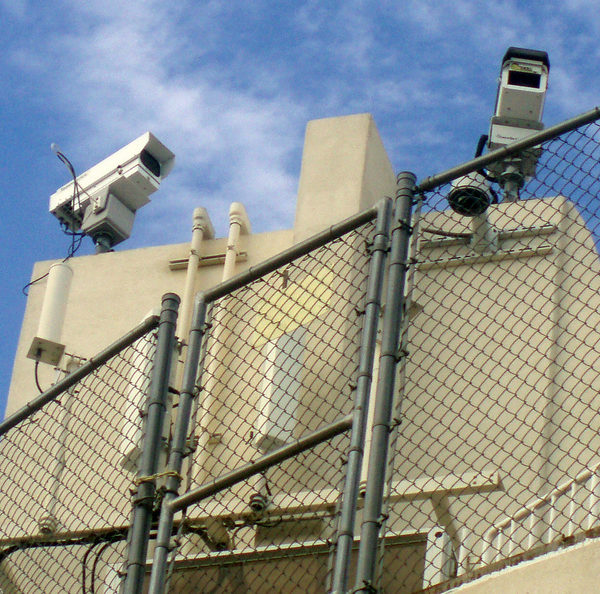Brian Auten
Essays

This is the fourth, and final, post in a series that was kick-started last September with a short discussion of how the growing field of just intelligence theory might be overly influenced by jus contra bellum thinking, or what Tobias Winright has coined “the presumption against harm version of just war theory.” This particular variant of just war theory is defined at its core by a presumption against war or a presumption against the use of force.

….Because war’s constituent ingredients are killing and/or physical harm, and because, in Childress’ argument, those two things are “intrinsically prima facie wrong” because of the prima facie obligation of nonmaleficence, war itself is prima facie wrong. Therefore, for Childress – and those who follow him – just war theory has evolved out of the need to justify the overriding of nonmaleficence but begins with the presupposition of war’s prima facie wrongness.

Back in September, I suggested that the current literature on just intelligence theory may be unduly influenced by jus contra bellum thinking; that is, a strain popular among the more pacifistic elements of just war thinkers which tends to elevate either the jus in bello principles (i.e. immunity of noncombatants from direct attack and micro-proportionality) or the prudential ad bellum criteria (i.e. last resort, macro-proportionality, probability of success) over the traditionally-prior, deontological categories of sovereign authority, just cause and right intention.

Over the last 6-7 years, a growing body of literature has coalesced around the idea of just intelligence theory. The burgeoning interest has resulted in the establishment of the International Intelligence Ethics Association, as well as the attendant International Journal of Intelligence Ethics. As a sub-specialty of intelligence ethics, its aim has been to integrate just war theory with intelligence collection, national security policing and domestic counterterrorism – subjects that fall in a murky “middle ground” between external and internal opponents.
